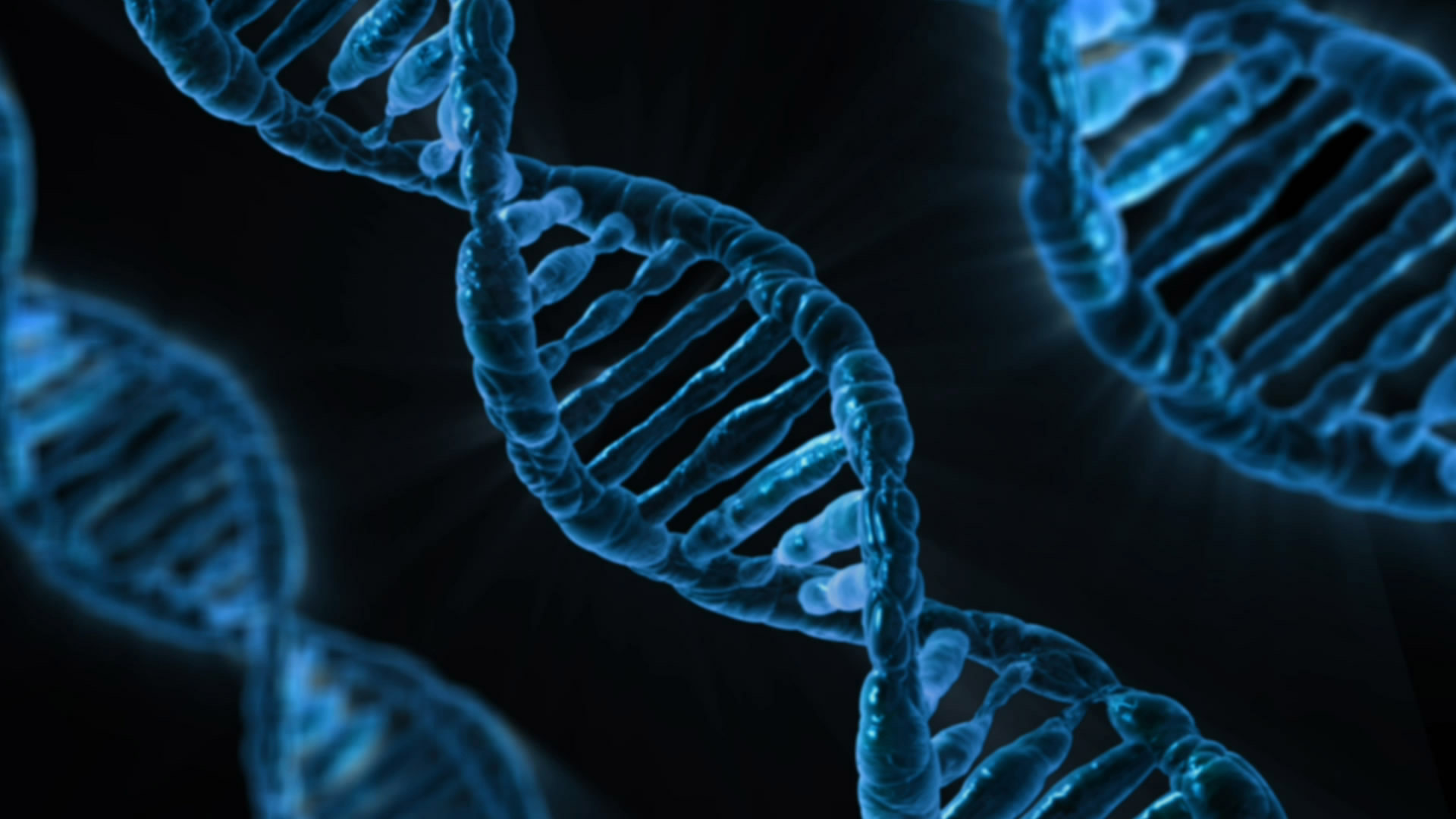Do You Know Who’s Using Your DNA Data?
 You’re in search of your roots, on a quest to uncover your ancestors. You submit DNA to a public genealogy service and in exchange get information about your people. Success!
You’re in search of your roots, on a quest to uncover your ancestors. You submit DNA to a public genealogy service and in exchange get information about your people. Success!
But from a constitutional perspective, in the U.S., you’re also abandoning evidence, which means criminal investigators can use your data. They don’t need a search warrant and you have no reasonable expectation of privacy.
That doesn’t mean you shouldn’t do it, but you should think carefully, according to a May 29 paper in the Annals of Internal Medicine by U.S. National Institutes of Health bioethicists Benjamin Berkman and Christine Grady, and lawyer Wynter Miller. They point out the ethical questions raised by use of public genetic databases in criminal investigations, and argue for more public discussion.
On the one hand, public genealogy databases have helped investigators crack difficult cases and track down killers that eluded them for decades. So that’s good.
On the other hand, reliance on genetic evidence can be problematic. This kind of evidence is very delicate. “[E]vidence may be compromised if collected without extraordinary care,” the NIH writers warn. Mistakes are easily made. They point to a murder case in Germany, where genetic analysis of evidence collected with a contaminated cotton swab led police to erroneously target Romani communities before discovering their error. So that’s bad. As is the possibility of public genetic databases being more widely used for genetic discrimination in other situations, like providing insurance coverage or employment.



